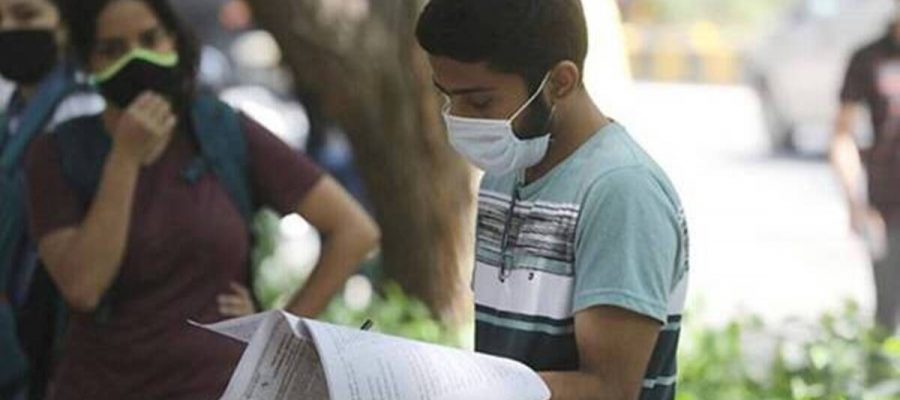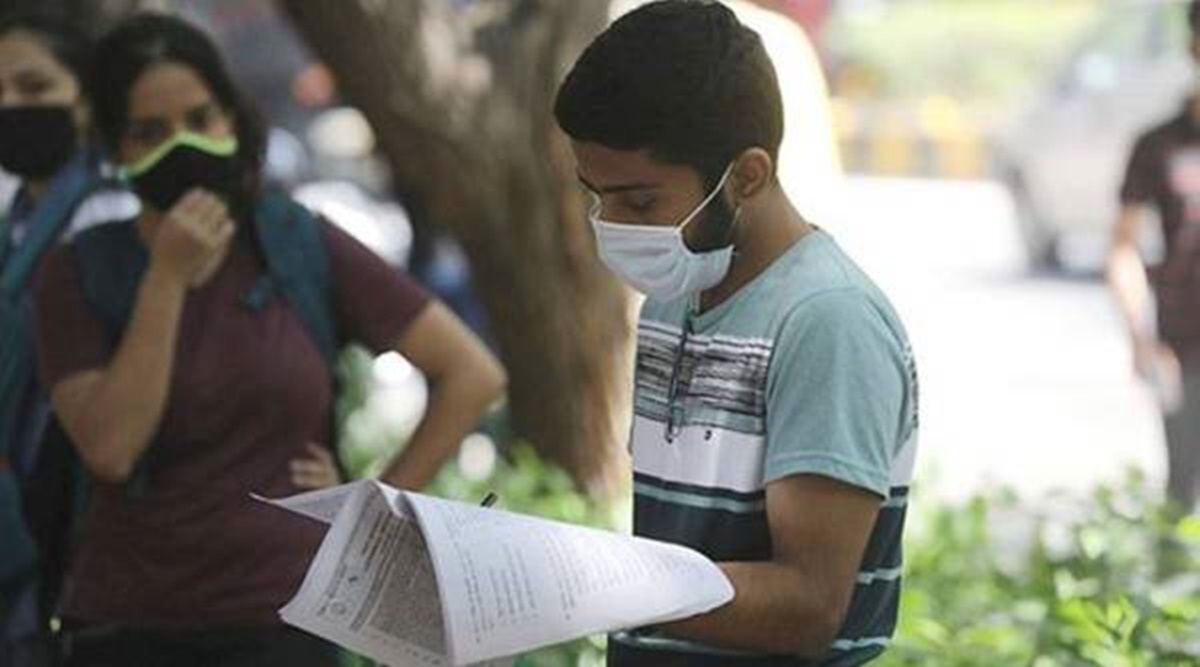Quotas in medical colleges for OBCs has been long pending. Someone must answer for the suffering this delay has caused
On July 29, the Centre announced that 27 per cent OBC and 10 per cent EWS candidates will get reservation in NEET’s all-India quota (AIQ) in undergraduate (UG) and post-graduate (PG) medical seats of state medical and dental colleges from the current 2021-2022 academic year.
Indeed, SC (15 per cent) and ST (7.5 per cent) applicants got this reservation in 2007, and OBCs were similarly entitled from 2008 onwards, and more so after Saloni Kumari petitioned the Supreme Court in 2015 for PG seats in Uttar Pradesh. However, things moved only after the DMK approached the Madras High Court, and got favourable order for Tamil Naidu. Undoubtedly, there were years of avoidable delay. Thus, while rejoicing, one must not forget the thousands who were left out due to the inordinate dawdling by the Centre in making this decision. This is only one instance of delayed justice amongst hundreds of policies meant to empower SCs/STs/OBCs across the country. If this is how the rights of educated OBCs are being treated, imagine the plight of ordinary folk. Hence, one must reflect on the systemic malice plaguing the delivery of social justice affecting these communities.
Prime Minister Narendra Modi called this move “historical”, and he tweeted: “This will immensely help thousands of our youth every year get better opportunities and create a new paradigm of social justice.” By implication, the contents of PM’s message would mean that had this decision been taken in a timely manner, many thousands of OBC and EWS candidates would not have been robbed of their entitlements. For them, the maxim “justice delayed is justice denied” holds true.
The chronology of events suggests that the entire system was rather insensitive instead of being proactive. Any discourse on social justice for marginalised sections – in this case, OBCs will never be complete and meaningful without seeking an answer as to who is responsible in the chain of command for the implementation of the reservation. Equally important is who looked the other way all this time. Surprisingly, neither the legislature nor executive seems interested in holding people to account.

Saloni Kumari, the lone warrior deserved the credit for flagging the issue before the Supreme Court way back in 2015. Instead, others are trying to boost their image and political credibility among OBC voters rushing to claim the credit. As per available estimates, OBCs constitute 52 per cent of the population in India. This is indeed a formidable number in a democracy based on the first past the post system.
BJP leader and Bhupendra Yadav, while condemning Congress for not doing anything, congratulated Prime Minister Modi for the historic decision aiming for setting up an egalitarian society. Yadav omitted to mention that his government too did nothing since 2014. Sadly, there is no apology for the delay, and the distress it has caused.
(The writer is Professor of Emergency Medicine (Surgery), AIIMS, New Delhi)
Source: Read Full Article


